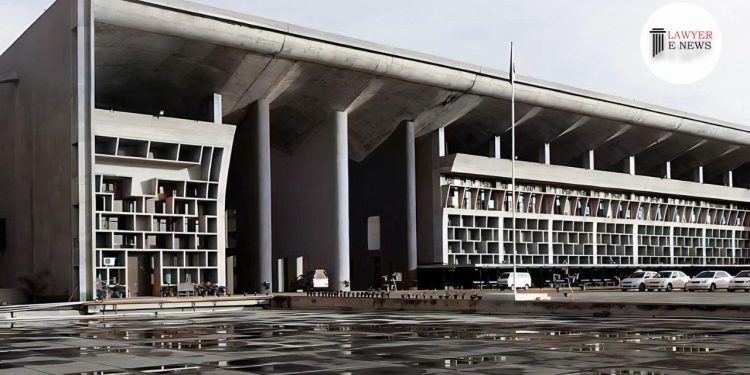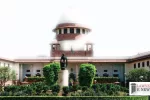No Legal Bar on Plaintiff’s Claim Arising Out of Family Arrangement; Suit Requires Detailed Adjudication – P&H High Court

The Punjab and Haryana High Court has dismissed a revision petition challenging the Civil Judge’s order that denied the dismissal of a plaint in a familial property dispute. Justice Gurbir Singh upheld the lower court’s decision to allow a full trial to proceed, emphasizing that the issues presented, stemming from a complex family arrangement, necessitate a thorough examination.
Legal Context and Dispute:
The petition was filed by Arun Fotedar against an order that refused to reject a plaint filed by his brother, Dr. Jitender Fotedar, regarding the ownership and contributions toward the construction of family-owned properties. The core legal tools involved included Article 227 of the Constitution of India and provisions from the Code of Civil Procedure and the Specific Relief Act.
Facts of the Case:
The dispute arose after the death of Mr. M.L. Fotedar, leaving behind property that his sons claimed different rights over, based on contributions to purchase and construction costs. The conflict intensified with the execution of a transfer deed by one brother in favor of another, which the plaintiff contested as having been done without his consent and contrary to previous familial agreements.
Detailed Court Analysis:
Cause of Action & Limitation: The court recognized a continuing cause of action based on the dynamics of the family’s decisions and the ongoing negotiations and confrontations over the property rights, especially after certain actions in 2020 that brought disagreements to the fore.
Valuation and Stamping: Justice Singh pointed out that the plaintiff had adequately valued the suit and paid the necessary court fees, considering his claim of joint possession and co-ownership.
Benami Transactions and Property Rights: The court addressed the application of the Benami Transactions (Prohibition) Act and Specific Relief Act, suggesting that the plaintiff’s claim was rooted in familial agreements and mutual understandings rather than strictly legal titles, which justified his expectations of ownership recognition.
Conclusion and Judgment:
The High Court concluded that the suit was not barred by any law and that the factual complexities involved warranted a full trial. It affirmed that the plaintiff’s plea was properly placed for judicial determination regarding the extent of ownership and rights over the disputed property.
Date of Decision: May 9, 2024
Arun Fotedar vs Dr. Jitender Fotedar and another






